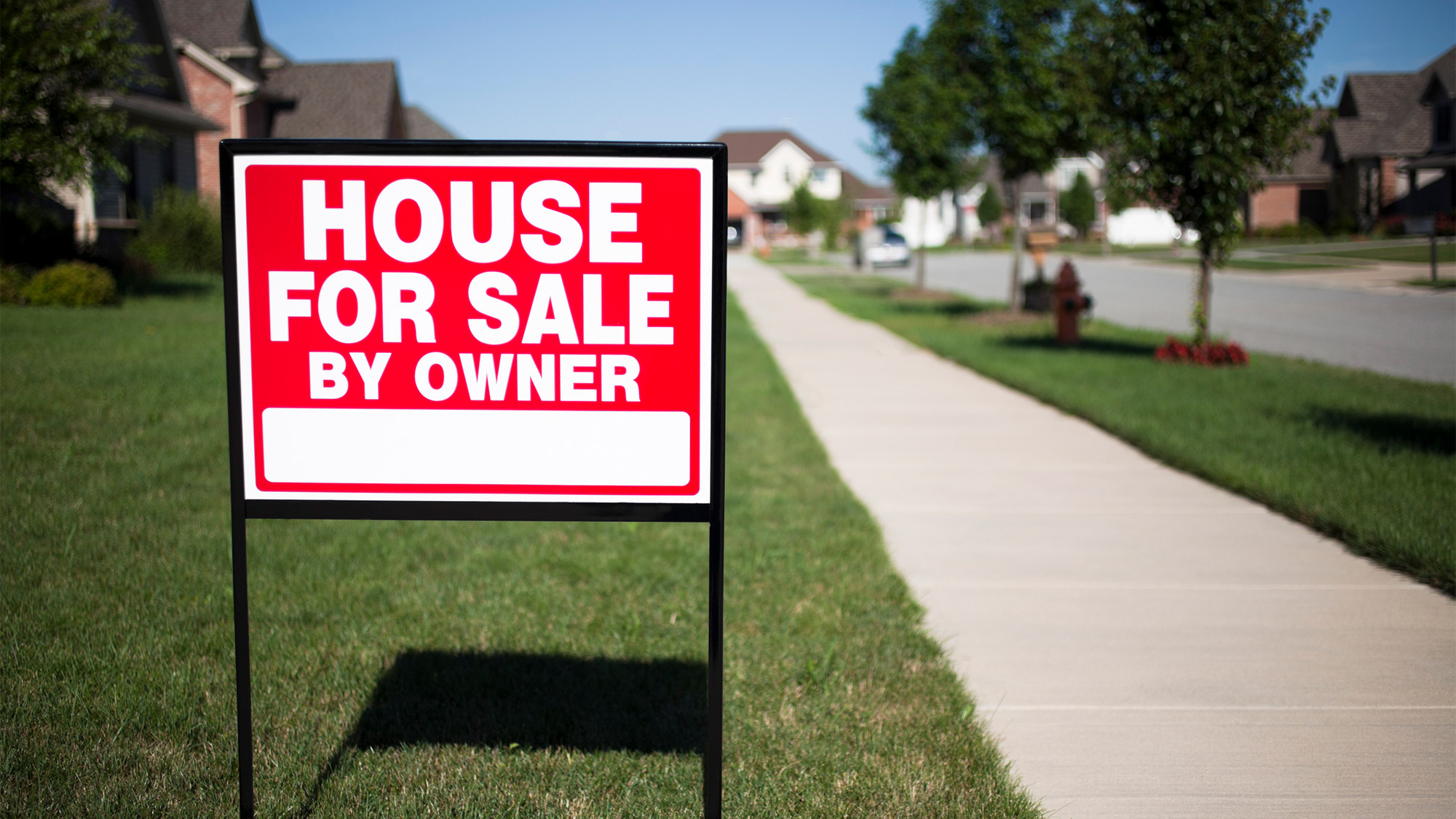 Here’s What You Need to Know About Buying a FSBO
For sale by owner homes are homes that are sold without the representation of a licensed real estate agent. One of the main reasons that some homeowners prefer to sell without an agent is because they hope to make money. Another reason that homeowners choose to sell their homes independently is that they believe their property will be on high demand because of favorable market conditions. Their selling process is therefore much more different than if they’d gone through an agent. Similarly, the process becomes different for the buyer as well. With that in mind, here’s what you need to know:
Here’s What You Need to Know About Buying a FSBO
For sale by owner homes are homes that are sold without the representation of a licensed real estate agent. One of the main reasons that some homeowners prefer to sell without an agent is because they hope to make money. Another reason that homeowners choose to sell their homes independently is that they believe their property will be on high demand because of favorable market conditions. Their selling process is therefore much more different than if they’d gone through an agent. Similarly, the process becomes different for the buyer as well. With that in mind, here’s what you need to know:

Here’s What You Need to Know About Buying a FSBO
By Mclain Properties Thursday, July 2, 2020
 Here’s What You Need to Know About Buying a FSBO
For sale by owner homes are homes that are sold without the representation of a licensed real estate agent. One of the main reasons that some homeowners prefer to sell without an agent is because they hope to make money. Another reason that homeowners choose to sell their homes independently is that they believe their property will be on high demand because of favorable market conditions. Their selling process is therefore much more different than if they’d gone through an agent. Similarly, the process becomes different for the buyer as well. With that in mind, here’s what you need to know:
Here’s What You Need to Know About Buying a FSBO
For sale by owner homes are homes that are sold without the representation of a licensed real estate agent. One of the main reasons that some homeowners prefer to sell without an agent is because they hope to make money. Another reason that homeowners choose to sell their homes independently is that they believe their property will be on high demand because of favorable market conditions. Their selling process is therefore much more different than if they’d gone through an agent. Similarly, the process becomes different for the buyer as well. With that in mind, here’s what you need to know:





